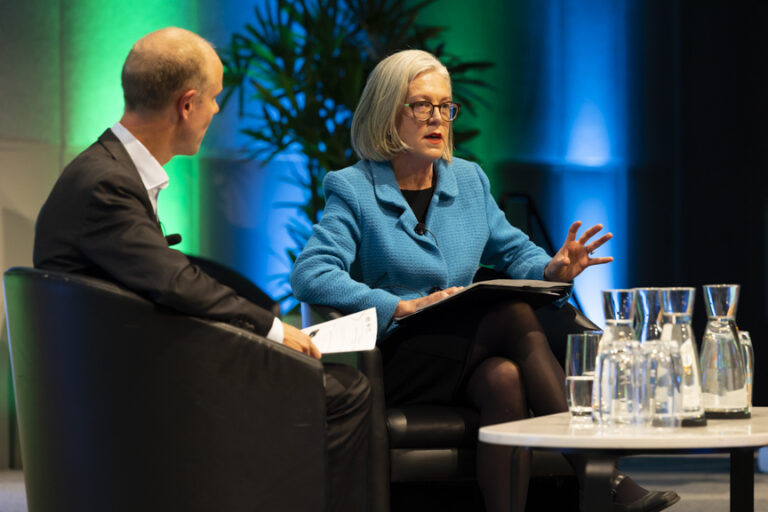Innovation in conservation is big business, we’re in the midst of a revolution in how companies and investors manage their impacts on nature.
This comes in response to growing impacts from the twin risks of climate change and biodiversity loss, two existential threats that exacerbate the worse elements of each other, but in the same way, improvements in one will support the other.
Businesses of all types face both risks and potential opportunities relating to nature. Each company has unique dependencies on the ecosystem-services nature provides, and if they’re disrupted, it will hit the bottom-line directly.
In the last ten years we’ve seen a major evolution in the way financial markets measure, and report on sustainability issues, and finally natural-capital and biodiversity are being recognised on the balance sheet.
Conservation is finally recognised as being ripe for innovation, and exciting new market-based mechanisms are coming to market that shift economic incentives towards regeneration, rather than extraction.
These are the issues at the heart of my podcast series looking at ‘Investing in Natural Capital and Biodiversity’.
In the latest pair of episodes I spoke with two land-management leaders that have taken different approaches to deal with the same challenge.
Nigel Sharp is a fund manager but also a farmer, he grew up on the land, but he’s harnessed the power of financial markets to direct capital towards saving endangered species, and funding climate-tech startups. Listen HERE
Anjali Nelson worked on social development projects in Vanuatu before shifting her sustainable development work to the corporate sector. She’s now General Manager of Operations at GreenCollar, a developer and innovator of environmental market solutions. They’re bringing new products and methodologies to market, like Reef Credits, and the new Nature Plus biodiversity credits, to better value environmental resources, so we can save them. Listen HERE
And don’t miss the first two episodes of the series, featuring Rachel Lowry from WWF, and Tony Goldner, CEO of the TNFD.
The Air Force Flew in to Save the Southern Rock Wallaby
Odonata is one of the organisations founded by Nigel Sharp . It’s a charity that’s focussed on bringing species back from extinction, and this week Nigel sent me a small segment from ABC News that covers its work in saving the Southern Rock Wallaby when two of three key habitats were lost in the bushfires.
Damn they’re cute! And yes, the Air Force jumped-in to airlift them to safety. Watch HERE
Debt and VC Markets Working Together to Seed Climate Innovation – Artesian Impact Report
Artesian Alternative Investments is a unique firm, not only because it works to embed impact in everything it does, but also because it invests in two core strategies that you don’t often see together: fixed income and venture capital (VC).
While the debt markets are all about scale and big deals; VC requires smaller cheque sizes, patience and lots of imagination. And they both take distinct pathways towards sustainability and positive impact.
For this year’s impact report, I helped Artesian understand the global impact landscape, but also, I worked on the narrative sections that told the stories of their various strategies, and their unique impact contributions.
Most interesting was the story about corporate issuers of green bonds that are not only using proceeds to invest in energy efficiency (as you’d expect), but they’re also investing in climate-tech startups that are aligned with their industry, in order to harness cutting-edge innovation.
This is finance, this is the future! Read it HERE





